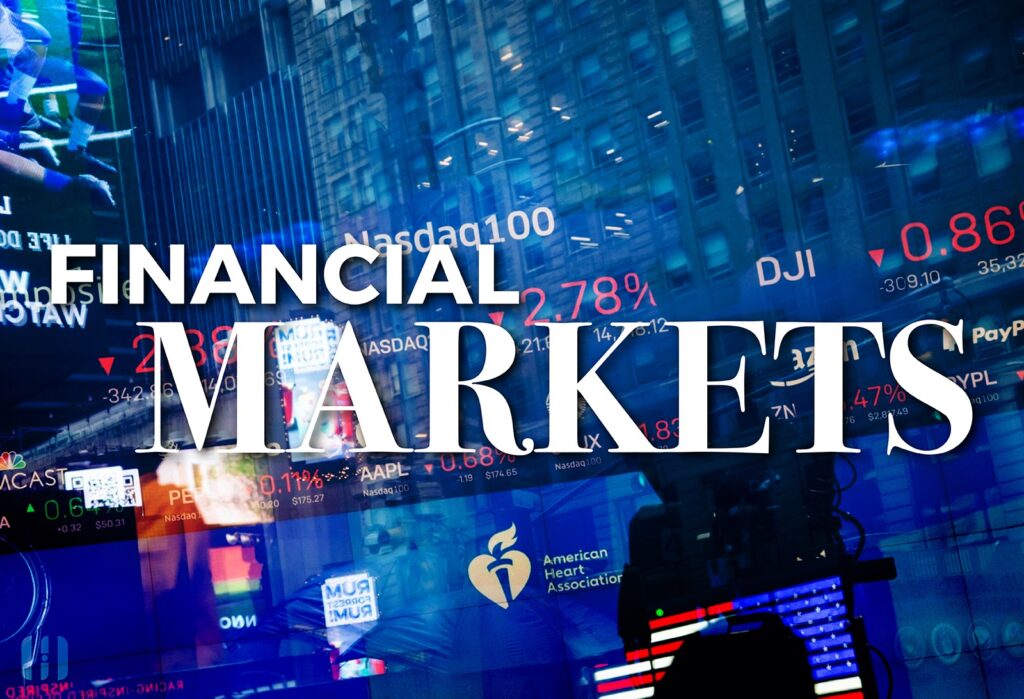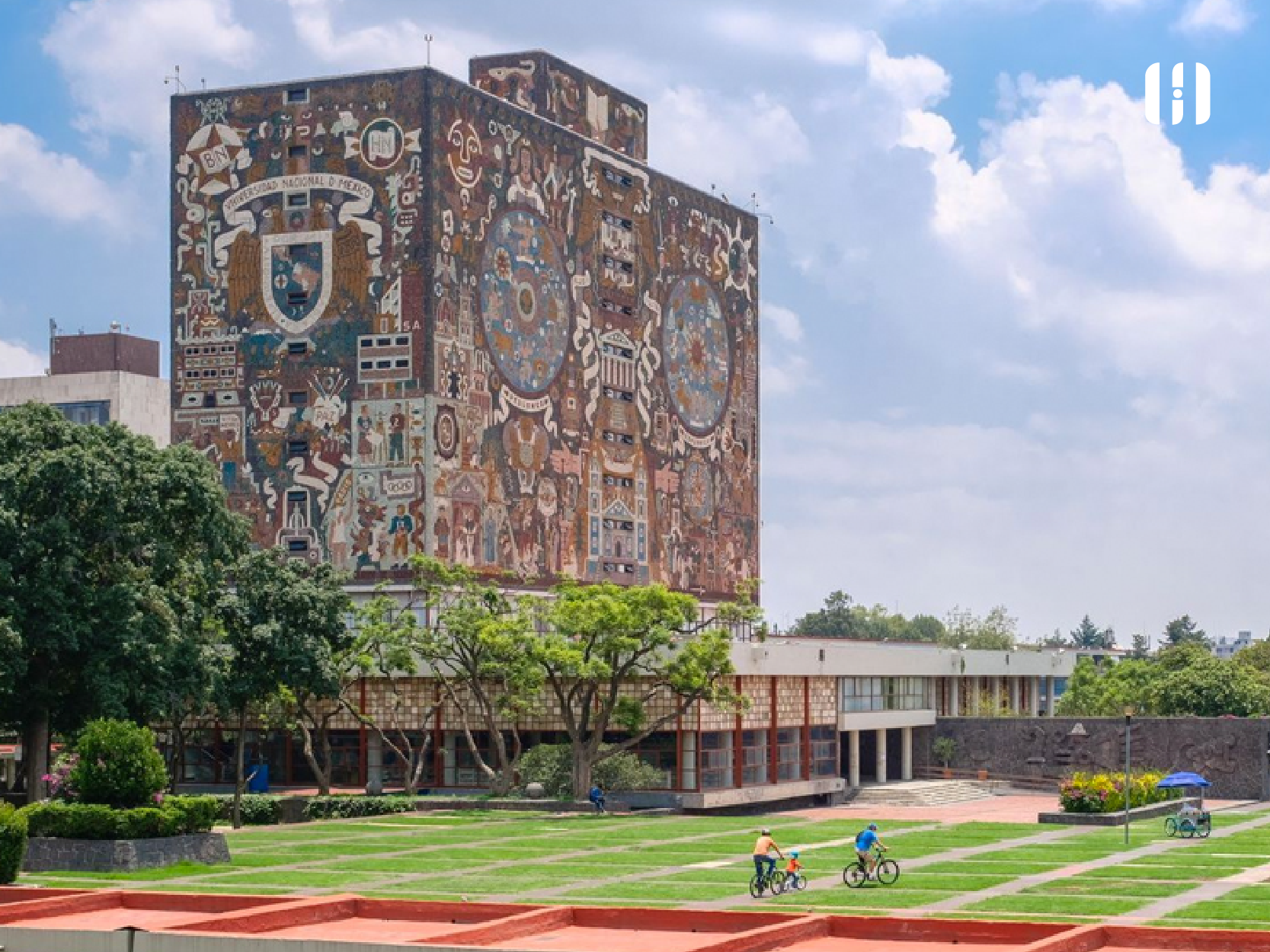They are the physical or virtual space where financial instruments are
exchanged between different economic agents such as governments,
savers, investors and/or companies with the purpose of generating a profit.
Generally, we find in any news portal or television programs the “markets”
section, which refers to all the financial information of our country and the
world.
Although it may be completely alien to our personal or professional
interests, as well as not very entertaining and more complex to understand
than common news, it is of utmost relevance to our daily lives, due to its
effects on the social context. Financial markets are traditionally divided
into four: capital, debt, foreign exchange and derivatives; cryptocurrencies
should be added to this classification, however, we could consider them as
part of the foreign exchange market. A brief description of these will be
given below.
DEBT MARKET
It is possibly the most important market in the world because it is where
the liquidity (not to say cash) of banks, corporations, credits, investments
and individuals is mainly transacted.
It is such a complex market, but at the same time so commonplace, that
we do not even notice its presence in our daily transactions ranging from
receiving a deposit in your bank, managing interest-bearing savings or
using your credit card; hence its relevance.
Debt is also related to the intermediation of government bonds and the
best known in Mexico are the CETES since they are the best reference for
interest rate payments to savers.
A fundamental part of the information related to this market concerns
central bank interest rates, such as the famous “Tasa de Interés de Banco
de México” because it is the reference rate used throughout the financial
market for the payment of interest between lenders and savers.
STOCK MARKET
Let’s consider it as the most important market for investors and at the
same time the most glamorous among the society because it is related to
what happens in the stock exchanges where shares of small, medium and
large companies are bought and sold.
The functionality of this market is that savers can have the option to invest
in companies with the expectation of obtaining future returns from the
acquisition of shares of such companies: receiving dividends and the
subsequent sale of such shares at a higher value.
It is possible that most of us do not buy or sell shares in the market,
however, investment funds, banks and afores (to name a few) invest our
savings, pension funds and even part of the money we have in the bank
daily in this market in order to obtain returns; for this reason they are the
reference of what can happen with our money and a reflection of the
economic activity both in Mexico and in the world.
FOREIGN EXCHANGE MARKET
Basically, it is the purchase and sale of different currencies of the world; in
the case of our country, we generally find information associated with the
exchange rate of Mexican pesos for dollars due to the commercial
relationship that exists with the USA and also because it is the most used
commercial currency in the world.
It is the thermometer that provides us with the best reference of what is
happening in terms of trade balance (foreign investment flows,
international trade, etc.); a stronger dollar against the peso is interpreted
as a bad moment for the country associated with uncertainty, when the
opposite happens it is good news because we gain ground in terms of
purchasing power abroad and it is associated with greater confidence in
what is happening in Mexico.
DERIVATIVES MARKET
It is the most complex and the least common in comparison with the
previous ones because they are investment instruments with particular
characteristics; they are mainly traded in investment banks.
Its main function is to manage the risk of future transactions or to protect
investors against the volatility or change of a given asset.
A common example to associate these types of instruments are oil or
exchange rate hedges. For example, if the exchange rate rises from $17 to
$19 pesos per dollar in one week, an instrument can be acquired that
“fixes” the exchange rate at $18 in the range of one week and avoids paying
a dollar of $19 pesos in order to obtain certainty in a negotiation that could
be affected by the volatility of the exchange rate.
For any additional issues related to economics, markets and personal
bonds, please contact me directly through:
Email: agarcia@hedeker.com
LinkedIn: Alberto García Medina
GRUPO HEDEKER is an advisory firm specialized in international investments
that aims to form, protect and grow the wealth of savers and investors in our
country. Contact us to learn more about what we can achieve.




